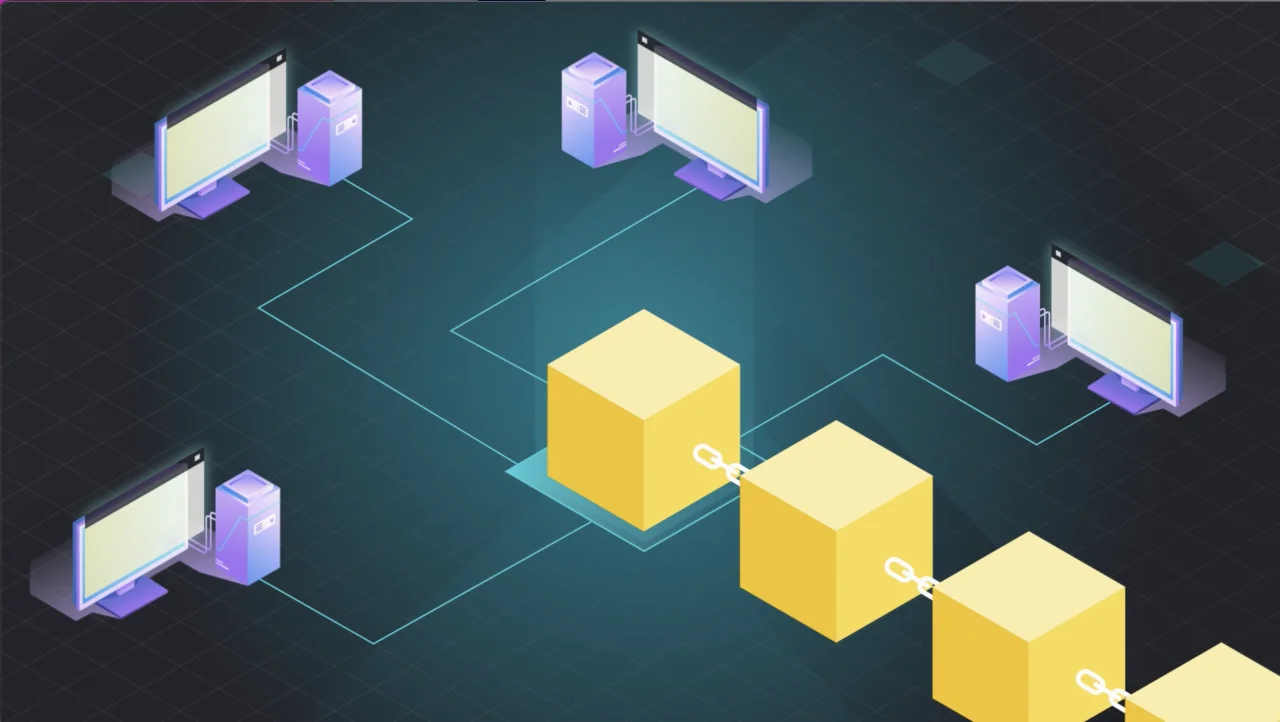Introduction
The importance of embracing diversity and inclusivity in the field of data science education is being globally recognised. Data science is an emerging technology that is being adopted across businesses and industrial segments and consequently, fine-tuned for specific needs. Any professional needs to have some idea about how they can acquire the skills that are relevant to their professional area and role. In choosing a Data Science Course, students should do some research on the versatility of this technology, what it holds for the future of technology, and its social and ethical implications.
Build the Required Background
Historically, data science has been perceived as a domain dominated by individuals with backgrounds in computer science, mathematics, and statistics. However, a flair for these subjects constitutes just the basic requirements for mastering the technology. Effective application of data science calls for knowledge in business analytics, business strategies, and deep domain expertise. A Data Science Course in Pune or in any city that is technologically active and responsive to the requirements of professionals, needs to impart a rich array of skills, experiences, and perspectives that individuals from diverse backgrounds must bring to the table.
Components of Data Science Education
Any professional has, as a citizen, certain responsibilities towards the society. These are quite relevant in the case of data science as this is a branch of technology that is fast pervading every human activity. Educators and trainers need to orient students to being sensitive to these expectations of them.
- Technology Factors
Because data science is an inclusive technology, for grooming them to become successful data science professionals, it is important that students are made aware of the vast scope of applicability of this science. The willingness to learn diverse subjects and from diverse sources must be imbibed in them. That is, quality data science education must value and recognise the interdisciplinary nature of the technology and instill in students, the desire to learn multiple disciplines that might not be directly linked to data science. Data science does draw heavily from the principles of statistics, computer science, mathematics, and domain-specific knowledge. Therefore, educational programs, whether it is a project training program or a regular Data Science Course , should incorporate elements from these diverse disciplines to provide students with a well-grounded understanding of data science concepts and techniques.
- Ethical Factors
Another important aspect of diverse approaches to data science education is recognising the need for discretion and ethical considerations. Data science algorithms and models have the potential to perpetuate bias and discrimination if not developed and deployed responsibly. Agenda-driven analyses can create discordance in society. Therefore, educational programs should incorporate discussions on ethics, fairness, and social responsibility into the curriculum to ensure that students are equipped to address these issues in their future careers.
- Social Factors
As with any field of education, embracing diversity in data science education involves actively recruiting and supporting students from under-represented groups, including women, minority communities, individuals with disabilities, and individuals from socio-economically disadvantaged backgrounds. This may involve offering scholarships, mentorship programs, and outreach initiatives to encourage a diverse range of students to pursue careers in data science. Training centres that are sensitive to societal considerations and responsible recruiters make room for such communities as a social obligation. A Data Science Course in Pune and other cities where governmental efforts to bring equality in society meet with good response might have programs such as fee discounts and priority placement assistance for certain sections of students.
Learning Options
Diverse approaches to data science education are gaining ground; alternative learning pathways such as online courses, bootcamps, and apprenticeship programs are becoming common in cities. These flexible learning options can help individuals from non-traditional backgrounds gain the skills and experience needed to pursue a career in data science. Yet, the traditional classroom-based Data Science Course is still quite popular as it reduces the monotony of learning and proves to be a means for quick learning. It also promotes networking and knowledge transfer among students.
Conclusion
Overall, “Breaking the Binary: Diverse Approaches to Data Science Education” emphasises the importance of embracing diversity and inclusivity in all aspects of data science education: from curriculum development to recruitment and support initiatives. By fostering a diverse and inclusive learning environment, we can ensure that the field of data science continues to grow and innovate to address the complex challenges facing society.
Business Name: ExcelR – Data Science, Data Analyst Course Training
Address: 1st Floor, East Court Phoenix Market City, F-02, Clover Park, Viman Nagar, Pune, Maharashtra 411014
Phone Number: 096997 53213
Email Id: enquiry@excelr.com




